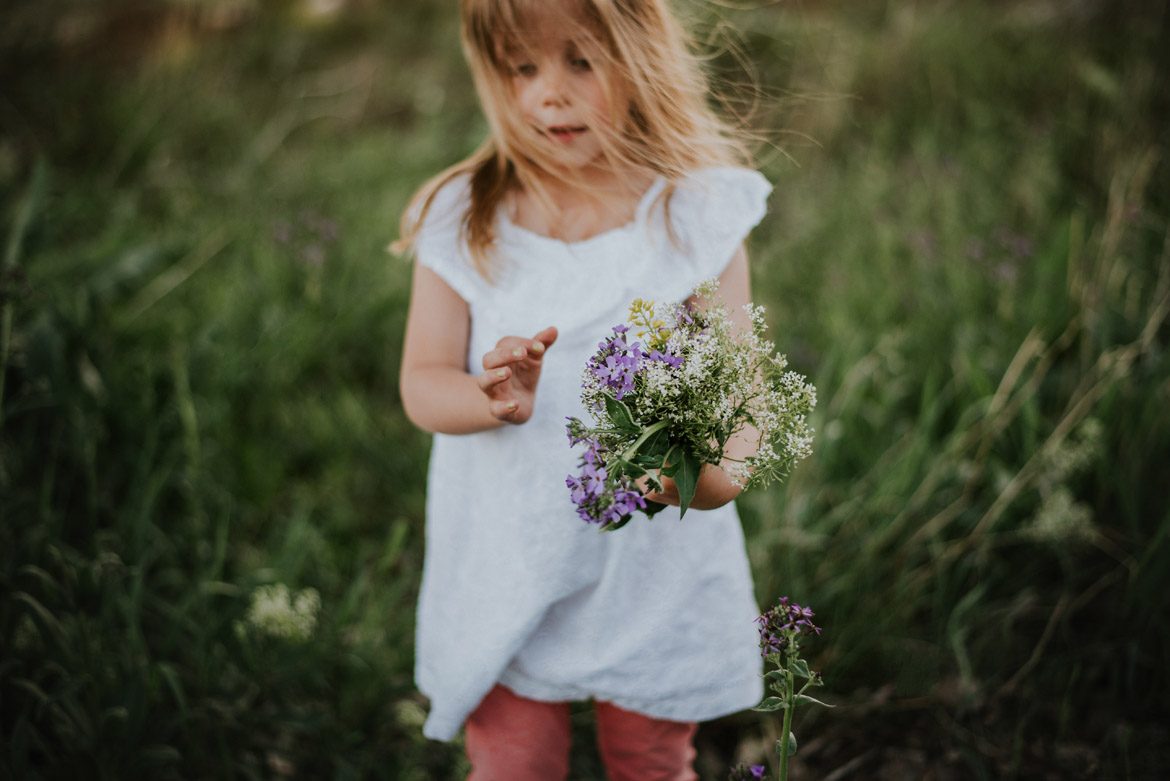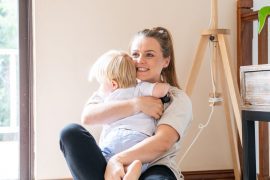By Amanda Sharma
You’ve just given birth. You feel like your body has been turned inside out, but the joy you feel when those tiny eyes open and squint up at you is palpable. It’s like falling in love, multiplied by a thousand. In this moment, it seems a given that your love is unconditional.
Then, that baby turns two and you need to brush his teeth and he doesn’t want you to…and the power struggle begins. One human being’s will against another.
So many of us wish to reject the old authoritarian paradigm, to move away from control and manipulation, to move towards kindness and respect with our children. But what does that actually look like?
Because teeth still need to be brushed.
Sometimes we parents move away from carrot-and-stick parenting, but towards…nothing. We say “Do this please”, Child says “No”, We say “Now what?” We wish so deeply to respect our children as autonomous individuals, to support them in self-determining, that it’s easy to forget that we’re still the parent. That our children still need a leader. Still need guidance. Still need correction.
Without these things the balance is thrown off. A child is like a leaderless puppy. When a human being’s will never comes up against the natural limits of what is right, what is respectful, what is polite, what is thoughtful, what is desired or needed by others, then empathy fails to develop.
Likewise, if the will is always controlled by punishments and manipulated by rewards, the human being naturally rebels. Or withdraws. We are not asking them to consider how their behavior affects others, we are only teaching them to consider the affect on themselves: will I be punished for this? Rewarded for this? And again, empathy fails to develop.
So what is empathy, and why does it matter so much?
We are social animals. Empathy is the ability to take in another’s experience. To maintain awareness of how our actions and words affect other people. To maintain awareness of their needs and feelings, separate from ours. Without empathy, our relationships will never be mutually satisfying, and a human who cannot maintain healthy connections with other humans and the world around them will fail to thrive. Other people are the mirrors through which we see ourselves. We act, and then see how those actions affect those around us, and learn to adjust.
Beyond the basic needs like food and shelter, social animals need connection and interaction. Our job as parents is to connect and interact with our children in ways that support the development of empathy. To model social skills. To interact with them in the way we want them to interact with the world.
You might also like: Raising World-Changers…Second Generation Unschooling
But what does this interaction look like? When so many of us were parented in less-than-healthy ways, in a generation where hitting a child was still the prevalent form of discipline, how do we turn off the auto-pilot and form new neural pathways so that we don’t pass on the same unhealthy patterns to our children? The voices of society are loud, and most accepted ways of interacting with children are still based in the old paradigm. The messages we are surrounded with are strong. It’s a difficult thing to tune them out. What helps is to turn up the voice of our hearts so loud that it becomes all we hear.
In this way, we can become new pattern-makers.
Several years ago, when I was feeling lost in my parenting as to how to interact with my children in healthy ways, I made a list for myself to guide my own behavior when managing my children. Are you a list-maker? I’m a list-maker. It helps to organize my brain. This is a list I have come back to again and again and again over the years as my children grow, rewiring myself by repetition until what once felt forced became habitual.
My own list starts with the culturally-accepted behaviors which I find to be harmful, and do not wish to perpetuate in my own parenting. I used to refer to this part often, because boy do old habits die hard!
You DO NOT have the right to:
Attempt to manipulate another’s behavior…with threats of punishment, or promises of reward. When we do this, it destroys intrinsic motivation and instead makes external fear/reward the motivating factor for behavior.
Use violence when they refuse to comply…because I do not want to teach my children to use violence when someone hinders their will. This includes yelling, shaming, witholding help or affection, and other forms of emotional harm.
Take away their belongings when they refuse to comply…Oi! This is a big one. It’s commonly accepted to remove “privileges” or take away access to technology, or otherwise use deprivation to control behavior. But would it work with you? I think if my husband tried to take away my car keys because I didn’t do the laundry, I’d probably just get pissed off. I think for kids it has the same affect. It’s just more control and manipulation.
I also don’t want to teach my kids to take other people’s belongings if they offend them, or in an effort to make them upset as payment for wrong-doing.
Now, to clarify: if my two year old whacks my five year old repeatedly with a plastic sword after being asked not to, of course the sword is gone. Obviously he’s showing he’s not able to control himself with that object right then. This is different than “you didn’t be quiet when I asked you to at the chiropractors, so now I’m going to not let you play the iPad this evening.”
Make unpleasant things happen to them when they refuse to comply…this is what we parents often turn to instead of spanking or other more punitive measures. Child doesn’t clean up when asked, or fails to conduct themselves in public like a human instead of a wild monkey, or otherwise frustrates us, and so we assign a task, or ground them, or, again, take away their belongings or privileges. And again, these are just more ways of attempting to manipulate another’s behavior by external means.
Shame them or be disrespectful when you are displeased…because we do not want to teach them to shame or disrespect others when they are displeased. Living with other humans, small or large ones, and bumping up against one another’s desires/wills/needs/wishes, is going to cause displeasure at times. If we give ourselves license to disrespect each other when that occurs, it not only destroys closeness and connection, but creates a general atmosphere of anxiety. No one can relax if they know they will be berated every time they display an emotion or perform an action which others find irritating or unacceptable.
Most importantly, if we wish our children to respect us, and to treat others with respect, than we must first treat them with respect.
So, goodness, I know what I’m NOT supposed to do, but what tools does that leave me? Shall I just let the children walk all over me then? Do nothing when they behave innapropriately? Definitely not. Children need a calm, firm, generous leader. The second part of my list I read when I need to remind myself how to be that leader.
See next page for more…











